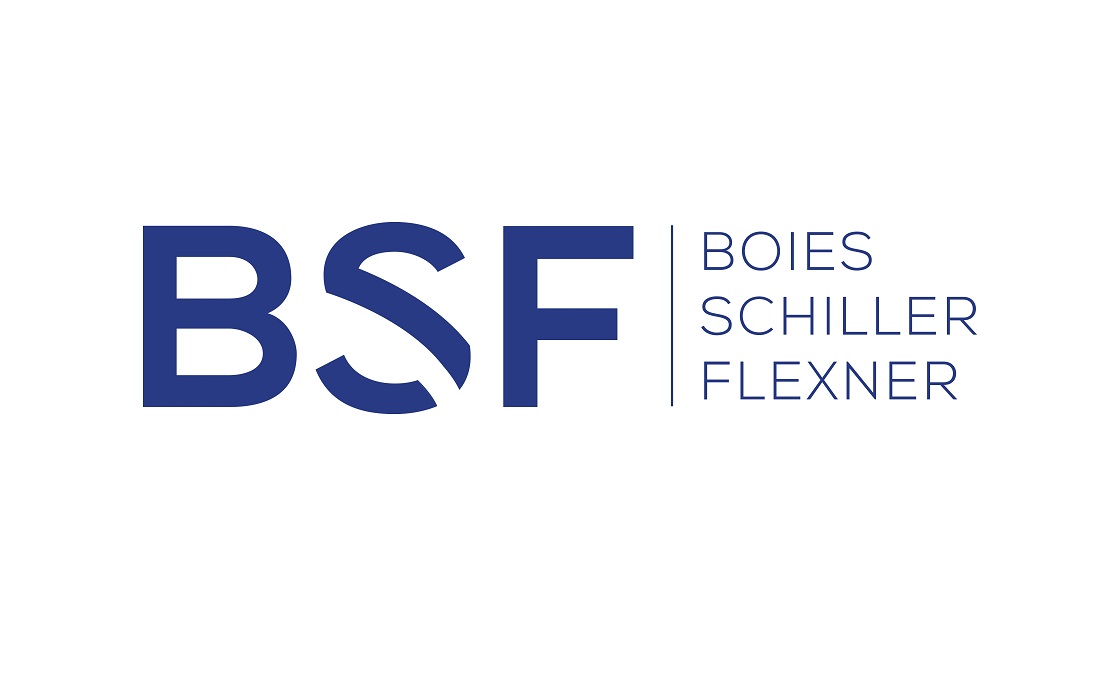Findings From the Hong Kong Law Reform Commission
In Hong Kong, attorneys are not allowed to charge fees based on the potential award for a case. Increasingly, however, some types of flexible fee arrangements are allowed. In Hong Kong’s quest to become a destination for multi-jurisdictional litigation, the Law Reform Commission of Hong Kong has developed a subcommittee that will make recommendations regarding ‘Outcome Related Fee Structures.’









